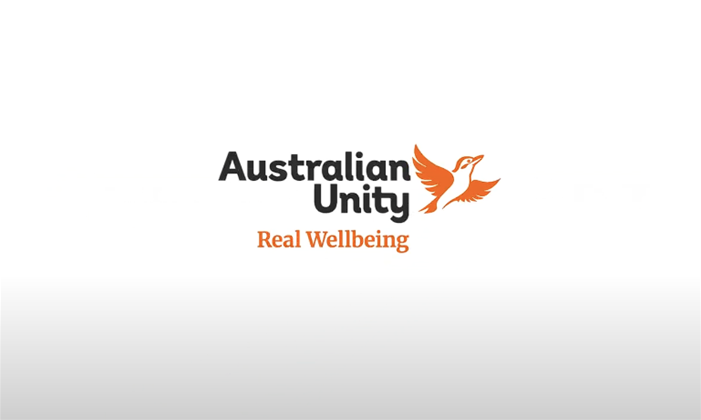Australian Unity has progressed seven AI use cases to production out of a total of 78 opportunities it sees internally for various types of artificial intelligence technology.

General manager of data and analytics Craig Rowlands told the Gartner Data & Analytics Summit that the mutual - which has operations spanning banking, financial advice, retirement living and private health insurance - was traditionally risk-averse and is approaching AI adoption “cautiously”.
“For us, typically we would look to do things in-house first of all, make sure that we’ve got them to an appropriate level before sharing them wider with members and customers,” Rowlands said.
“Right now, our ‘funnel’, for want of a better word, is 78 use cases in totality, and … we’ve got seven of them that are actually providing value out of those 78, and the others are somewhere in-between, from business case conception, through to MVP [minimum viable product] and generally getting towards a production outcome.”
One of the AI use cases takes the form of a machine learning-based tool made by BigID that scans the organisation’s environment for sensitive data.
Sensitive data found in its data storage repositories included personally identifiable information, health data, financial data, commercially sensitive data and intellectual property.
Rowlands said that using BigID, in a general sense, allowed organisations generally to locate sensitive data held in source and origination systems, but also in copies of data that might exist in an environment.
He noted the tool had helped locate “sensitive information in a new folder on a shared drive relatively recently”, allowing the organisation to remediate it.
The tool had also been valuable in meeting “distinctly different” data management and data lifecycle rules in the different parts of its operations.
He noted, for example, that the retention rules were different for health insurance compared to wealth management.

.jpg&h=140&w=231&c=1&s=0)





















